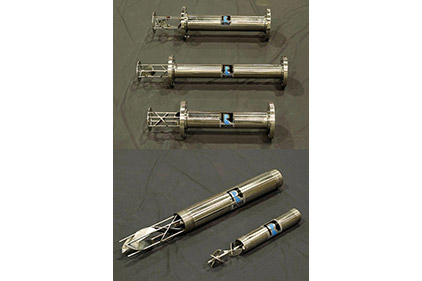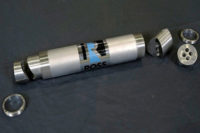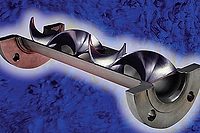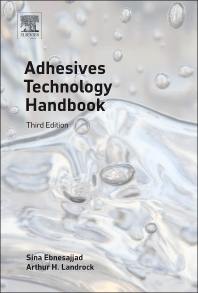ROSS: Static Mixers

Ross recently announced low-pressure drop (LPD) and low-low pressure drop (LLPD) static mixers that reportedly promote composition and temperature uniformity  by increasing turbulence while keeping pressure loss very low.
by increasing turbulence while keeping pressure loss very low.
The LPD static mixer consists of a series of baffles or “elements” positioned in series. Each element is comprised of a pair of semi-elliptical plates set 90° to each other. The next element is rotated 90° about the central axis with respect to the previous baffle set, and so on. The LLPD model, with plates oriented 120° relative to each other, is designed for even lower pressure drop. As the fluid moves through each LPD or LLPD element, flow is continuously split into layers and rotated in alternating clockwise and counterclockwise directions. This method of subdividing the stream and generating striations reportedly leads to highly efficient and repeatable mixing with minimal pressure loss. During turbulent flow, the baffles enhance the random motion of molecules and formation of eddies.
Component streams are pre-combined upstream of the static mixer; alternatively, the minor component(s) may be injected into the main flow through a port near the mixer inlet. The LPD and LLPD models are reportedly simple-to-install, heavy-duty devices that can produce uniform mixtures within a short length of pipe. When used in conjunction with automated instrumentation, these mixers reportedly deliver predictable quality control based on a virtually maintenance-free operation.
Small LPD/LLPD mixers 1-2.5 in. in diameter are welded to a central rod, while larger elements from 3-48 in. in diameter are welded to four outside support rods for maximum rigidity and stability.
For more information, visit www.mixers.com.
Looking for a reprint of this article?
From high-res PDFs to custom plaques, order your copy today!








